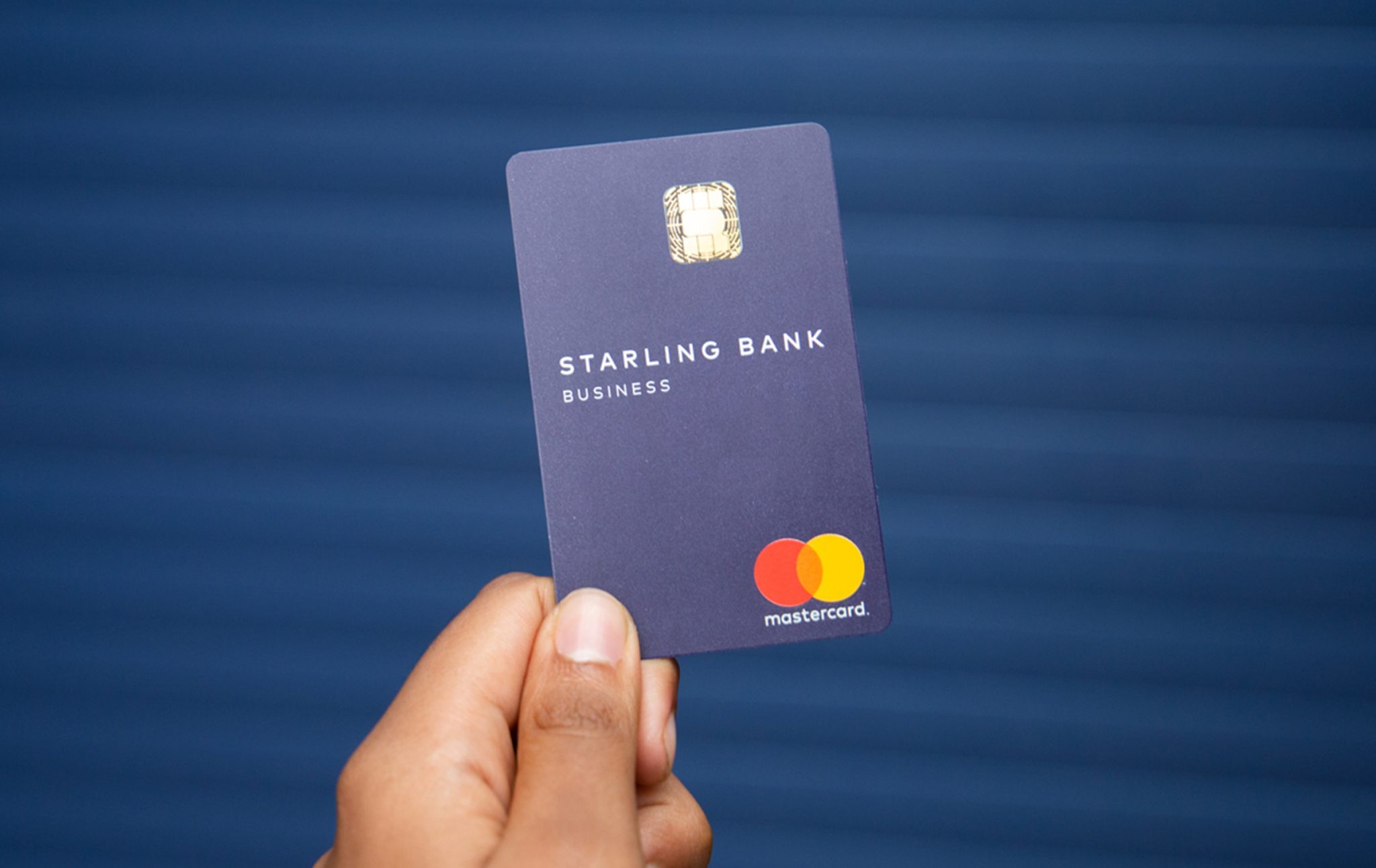Starling renews search for non-bank European lender
Starling Bank’s CEO, Anne Boden, says it’s still scoping out Europe’s non-bank lending market for potential acquisition targets.
In an interview with Sifted this week, Boden said the UK challenger was actively searching “for lending businesses to buy”. This includes peer-to-peer (P2P) lenders, as well as small business lenders.
It comes after AltFi spoke to Starling’s chief strategy officer, Declan Ferguson, last October. He said the fintech was looking at potential purchases of loan originators.

Starling is seeing the benefits of fully utilising its UK banking licence
Starling’s deposit base passed £3 billion back in July 2020, up from £600 million in July 2019.
“This led us to have conversations with non-bank lenders to have what we would call a forward flow arrangement,” Ferguson told AltFi. He added that he’d “be lying” if he said the bank hadn’t looked at acquiring a lender too.
Last year, Starling deployed millions into consumer loans via alternative lender Zopa, and similarly millions into small business loans via Funding Circle.
Starling wouldn’t be the first UK challenger bank to buy a lender. In August, Tandem closed its acquisition of green lender Allium in a bid to become one of the first ‘green’ digital banks.
Government loans won’t last forever
Government-backed loans, as a result of the economically crippling global pandemic, made it possible for the fintech to reach profitability last October.
The challenger beat Revolut – which claimed to break even a month later – and Monzo, whose valuation dipped 40% last year, to the post.
Starling was accredited by the British Business Bank in April. It could issue loans under both the Coronavirus Business Interruption Loan Scheme (CBILS) and the Bounce Back Loan Scheme (BBLS).
This saw the start-up’s gross lending shoot up from £37 million to £1.5 billion between October 2019 and October 2020.
With a stronger balance sheet than most of its peers, Starling is seeing the benefits of fully utilising its UK banking licence – which it bagged back in 2016.
But as Boden points out, these government-back loans won’t last forever. Which means the start-up needs to further diversify to keep its profitability up.
Other types of lending
Starling will continue to issue these pandemic-induced loans as the UK rides out what it hopes will be its last national lockdown.
But Boden notes that “there are other sorts of lending that we’re currently working on to replace that”.
“Because we have a European strategy, we’re also keen on looking for lending businesses to buy,” she added.
Boden highlights the state of P2P lending in Europe, which she believes is traditionally funded by retail investors. But the current trend shows that P2P lenders’ reserves have largely been replaced by institutional backing, which is far more expensive.
She also points out how P2P and non-bank lenders are hitting ceilings because of the government.
“The CBILS loans are capped at 15% [interest],” she says. “So those sorts of businesses are going to be under strain because what the government-backed lending has done is really put a ceiling on the interest rates that people can charge small and medium-sized enterprises (SMEs). And if you have a business model based on lending above this, you’re really locked out of this market.”
It’s still unclear which of these market struggles Starling intends to capitalise on through its acquisition.
Read next: Revolut hot on Starling’s heels, breaks even in November











































